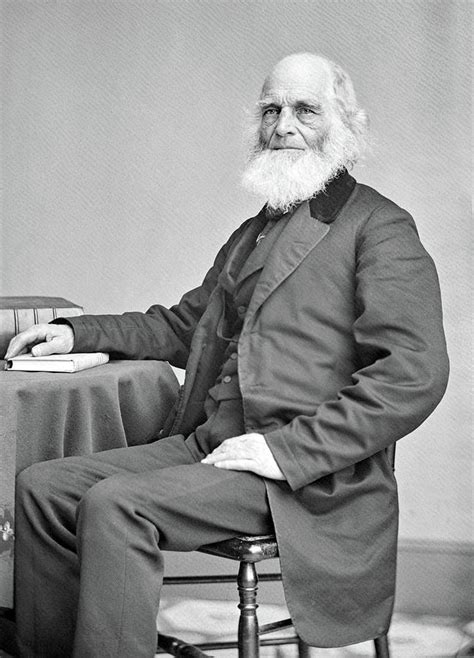A Quote by Edith Hamilton
Moderately wise each one should be, Not overwise, for a wise man's heart Is seldom glad (Norse Wisdom)
Related Quotes
What the essential difference between man and woman is, that they should be thus attracted to one another, no one has satisfactorily answered. Perhaps we must acknowledge the justness of the distinction which assigns to man the sphere of wisdom, and to woman that of love, though neither belongs exclusively to either. Man is continually saying to woman, Why will you not be more wise? Woman is continually saying to man, Why will you not be more loving? It is not in their wills to be wise or to be loving; but, unless each is both wise and loving, there can be neither wisdom nor love.
Much has been said of the loneliness of wisdom, and how much the Truth seeker becomes a pilgrim wandering from star to star. To the ignorant, the wise man is lonely because he abides in distant heights of the mind. But the wise man himself does not feel lonely. Wisdom brings him nearer to life; closer to the heart of the world than the foolish man can ever be. Bookishness may lead to loneliness, and scholarship may end in a battle of beliefs, but the wise man gazing off into space sees not an emptiness, but a space full of life, truth, and law.
It is ignorance that is at times incomprehensible to the wise; for instance, he may not see 'the positive person' or 'the negative person' in a black and white way as many people do. A wise man may not understand it because, as a catalyst of wisdom, but not wise in his own eyes, even he can learn from and give back to fools. To think that an individual has absolutely nothing to offer to the table is counter-intuitively what the wise man considers to be 'the ignorance of hopelessness'.
Much has seen said of the wisdom of old age. Old age is wise, I grant, for itself, but not wise for the community. It is wise in declining new enterprises, for it has not the power nor the time to execute them; wise in shrinking from difficulty, for it has not the strength to overcome it; wise in avoiding danger, for it lacks the faculty of ready and swift action, by which dangers are parried and converted into advantages. But this is not wisdom for mankind at large, by whom new enterprises must be undertaken, dangers met, and difficulties surmounted.




































